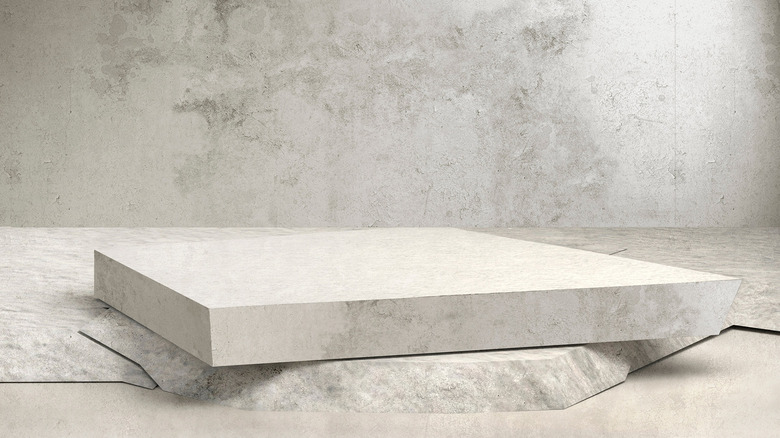Researchers Found A Way To 3D Print Concrete That's Stronger And More Durable
The hunt for more sustainable concrete to replace the climate change driving force of Portland cement has hit a massive leap in progression. This progression comes in the form of a new type of 3D-printed concrete that is much stronger and more durable than regular concrete. Additionally, the creation of this concrete comes with much lower carbon emissions, which will help in our bid to lower global temperatures.
Attempting to make stronger concrete that could be printed using a 3D printer was a big focus of a study conducted by researchers at the University of Virginia. The group wanted to find a way to not only make something that was better for the environment, but that could also maintain strength and flexibility when used in 3D construction.
The trick they discovered was to create a new type of 3D-printed concrete by mixing limestone and calcined clay cement (LC2) with graphene. One key part of the research was seeing just how effective this new concrete could be at helping reduce greenhouse gas emissions.
Some of the researchers involved ran a Life Cycle Assessment (LCA) and found that the concrete has the potential to reduce greenhouse gas emissions by up to 31 percent when compared to some other non-traditional concrete mixtures—possibly even more if they were to compare it to Portland cement, which is the standard for construction in the world.
However, getting to a point where this type of 3D-printed concrete is widely used isn't going to be easy, and researchers still have a way to go before it becomes mainstream and ready for use in the construction world. Still, it is good to see the potential answers to our global warming crisis on the horizon, even if the UN is worried we're never going to meet those goals.
